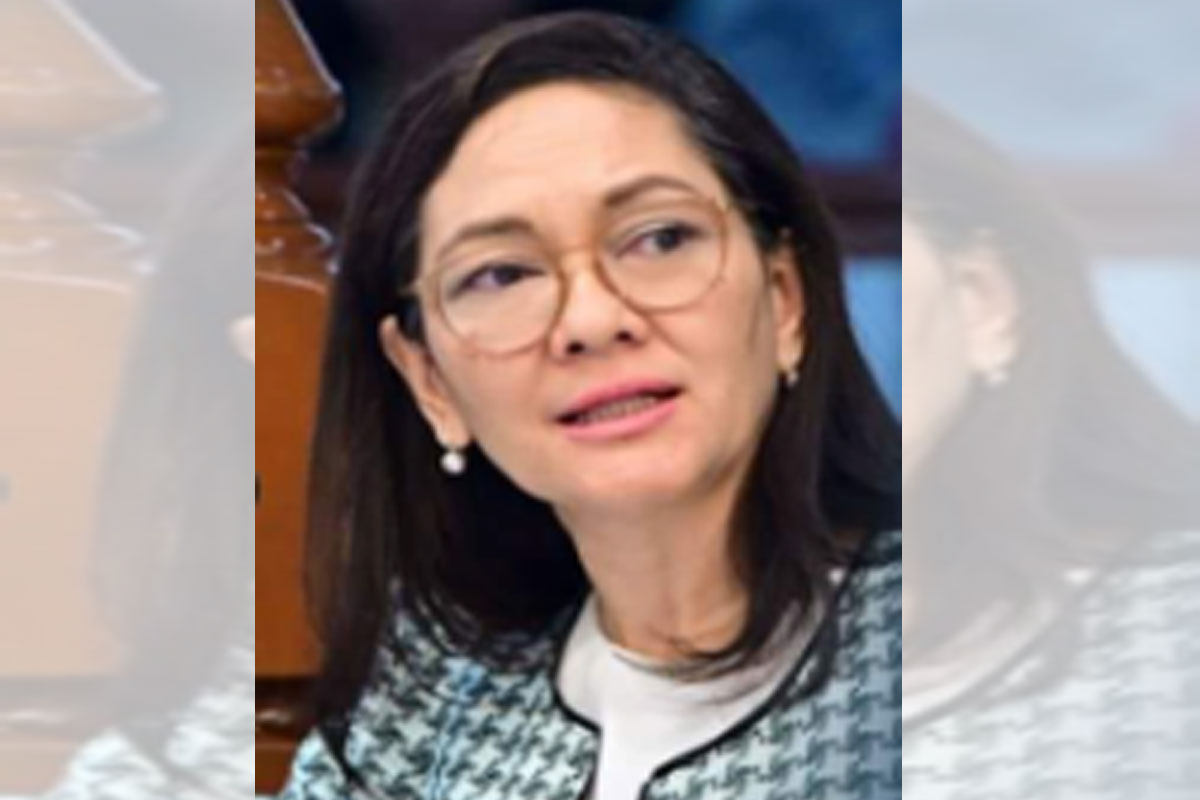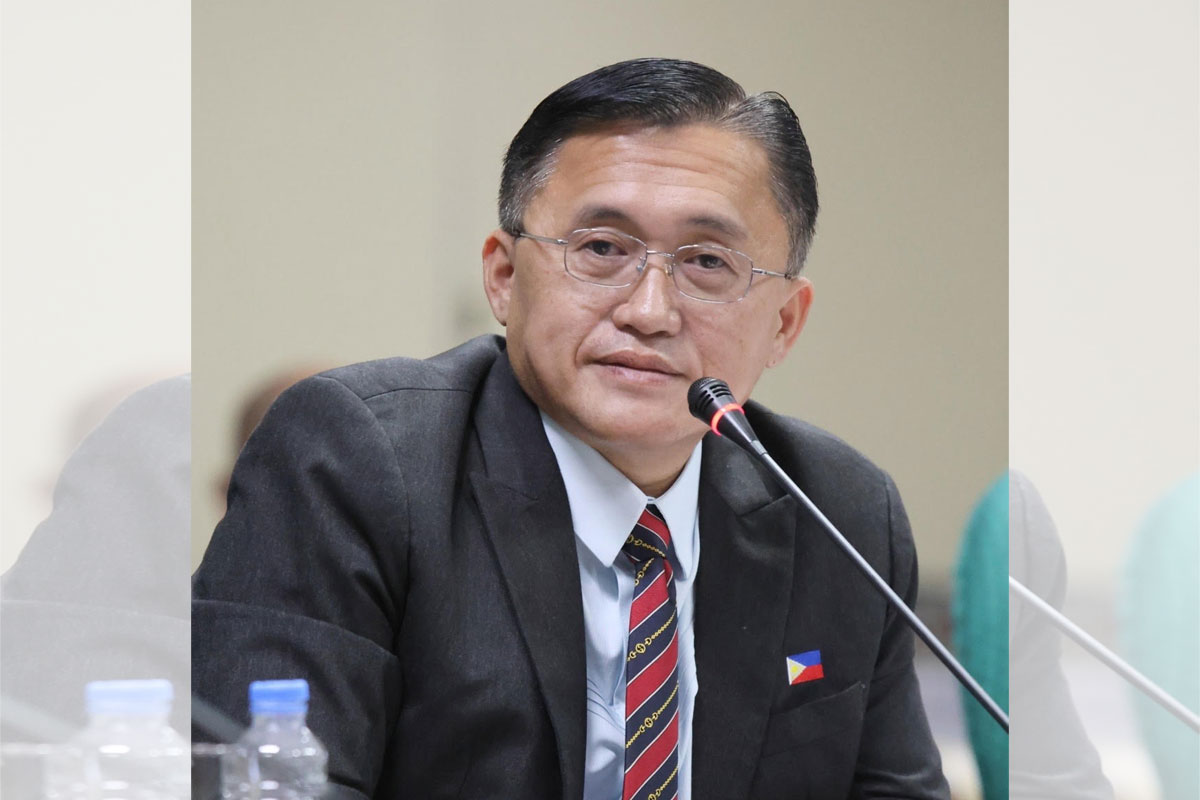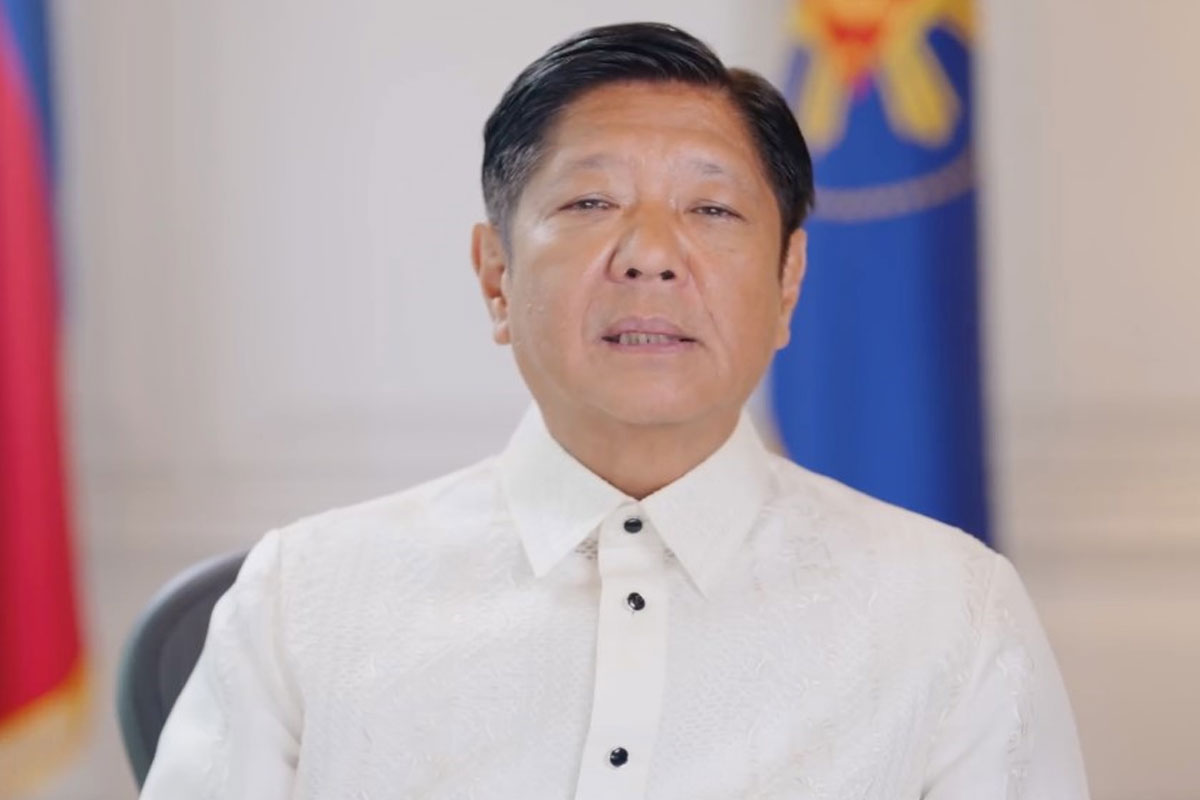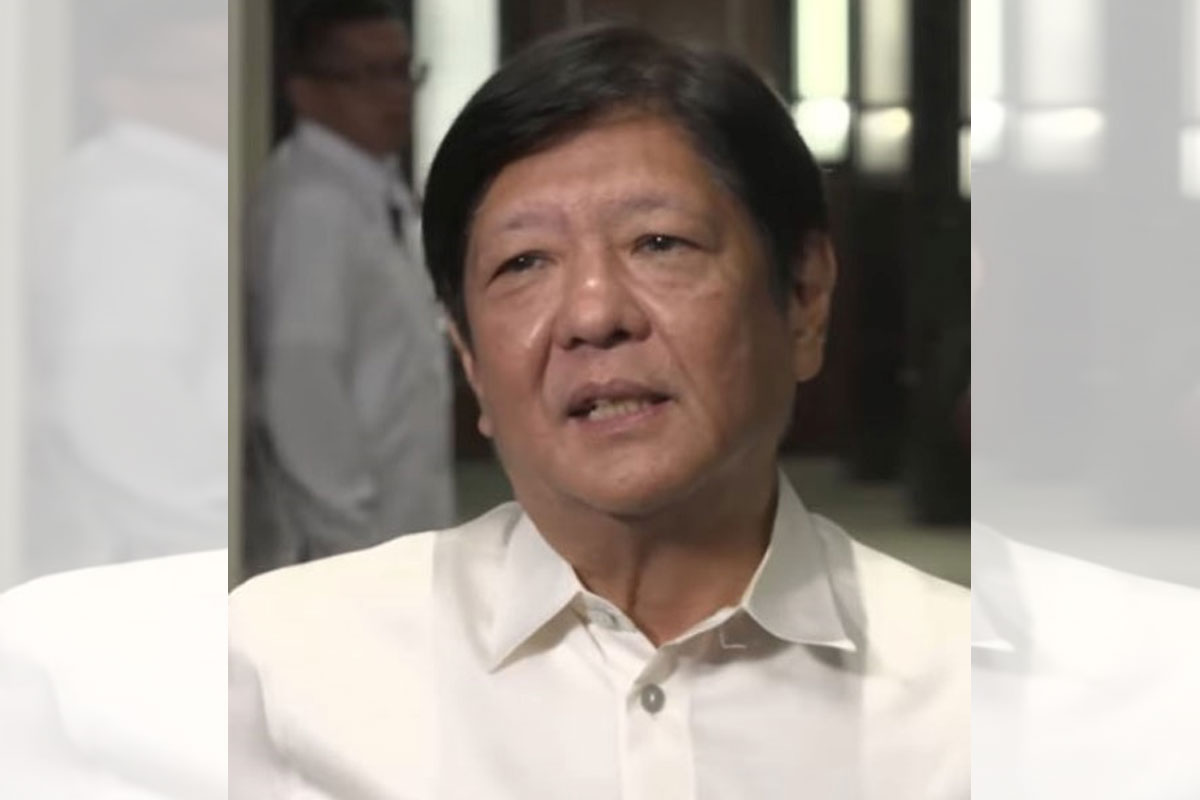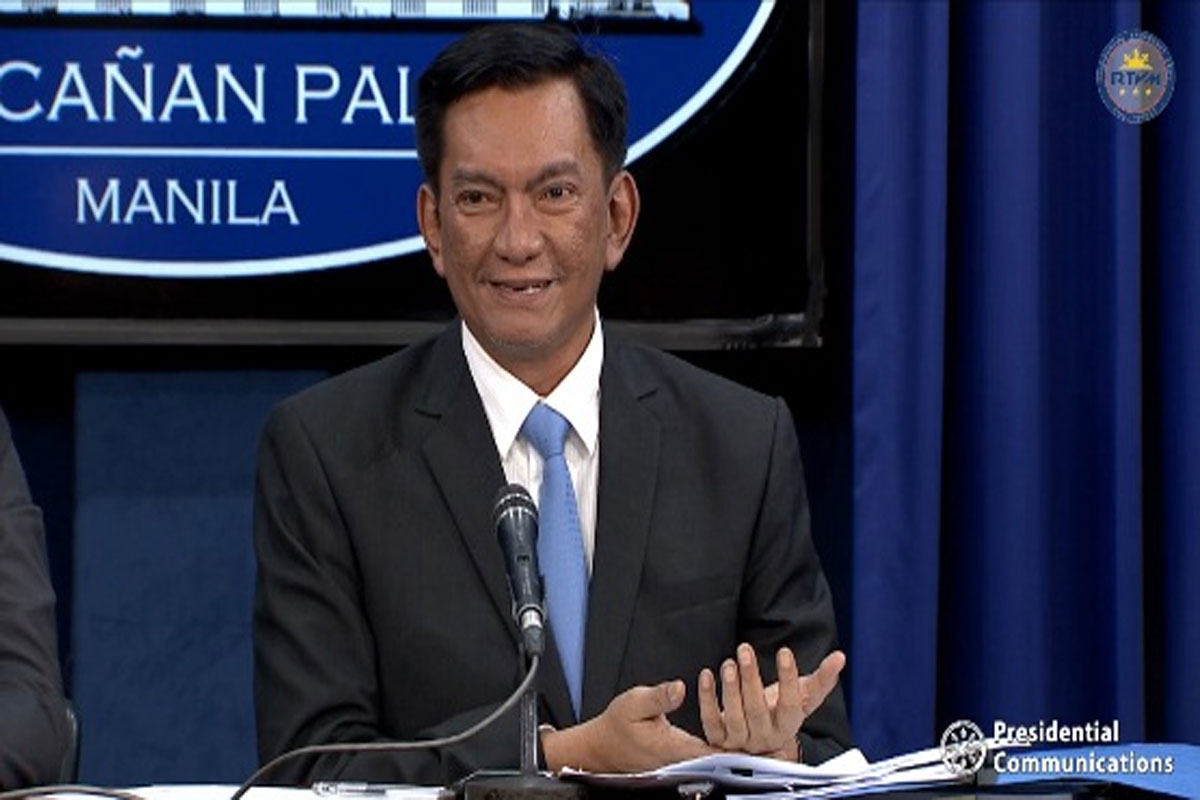
5-point plan vs threat of oil price hikes pressed
A HOUSE leader has proposed a five-point plan to respond to the threat of rising oil prices amid the ongoing conflict between Russia and Ukraine.
Albay 2nd District Rep. Joey Sarte Salceda, chairman of the House committee on ways means, warned that world crude prices could reach USD 130 per barrel if the situation persists and Russian oil exports are sanctioned.
“Russia accounts for 12% of global oil supply, on top of 24% of natural gas supply, whose absence will also have substitution effects on oil prices,” Salceda said.
“Although it is not very likely that Russian oil exports will be severely restrained, still expect some near-term oil price hikes at the very least,” Salceda added.
In response to the developing situation, the House tax panel chair is proposing a five-point plan to ensure that the effect on local oil prices can be mitigated.
“First, we need to draw a line in the sand in terms of the fuel excise tax. If crude oil prices are still at USD 100 by March 15, President Duterte should call for a special session to consider options for the reduction or suspension of the fuel excise taxes under the TRAIN Law. The most fiscally sensible option is, at the very least, to reduce the oil excise tax at a level that is equivalent to what we will gain in VAT to prevent the government from going further into already elevated deficit levels,” Salceda said.
“Reducing fuel prices at a level equivalent to VAT gains would already result in a P2.06 reduction in gasoline prices, P2.34 in diesel prices, and P2.89 in kerosene prices,” Salceda explained.
“Second, the government should open all public transportation options to full capacity immediately. This will help lower transport costs for those who are forced to take private cars due to the lack of available alternatives after the COVID-19 restrictions. It will also lower our consumption of fuel,” Salceda added.
“Third, I recommend that President Duterte immediately issue an Executive Order mandating the Department of Energy, the Department of Trade and Industry, and the Philippine Competition Commission to strictly monitor energy companies to prevent uncompetitive practices and hoarding in the sector,” he said.
“To ensure that no maintenance issues will exacerbate the likely impact of oil price hikes on electricity costs, I also recommend that the EO containing a mandate for the DOE to require inspections and maintenance checks on all generation plants. In July 2021, maintenance issues worsened the effect of oil prices on electricity prices,” the House tax panel chief added.
“Fourth, I recommend the tapping of the Contingency Fund (around Php 4.5 billion of which can be used for subsidies in the 2022 budget), the President’s Socio-Civic Fund (around P3 billion remitted by PAGCOR in 2021), on top of the proposed P1 billion fuel voucher subsidy promised by the Development Budget Coordinating Committee,” Salceda suggested.
“Fifth, I propose that the NDRRMC conditionally allow the declaration of a state of calamity for economic reasons by local governments that are especially dependent on fuel (such as fishing communities) when oil prices become unmanageable,” he said.
“I also recommend an accompanying executive order which sets the guidelines for the use of calamity funds for fuel vouchers and other mitigating measures for when that criteria is invoked. This will allow LGUs to make use of calamity funds and to impose price freezes on basic commodities should there be a real threat of an uncontrolled local increase in prices,” Salceda proposed.
Salceda says that he will also ask the country’s economic managers for their proposals “to adequately address the impacts of the crisis on the poor.”
“We can’t risk too-little, too-late interventions at this stage of our economic recovery. Of course, fiscal stability is a goal we must keep, but the immediately important concerns now are inflation and economic growth, and we can’t have good results in both if oil prices are unbearably high at the pump,” Salceda added.






